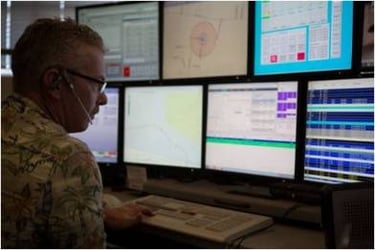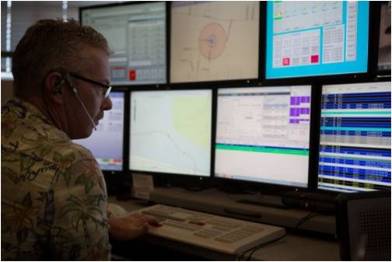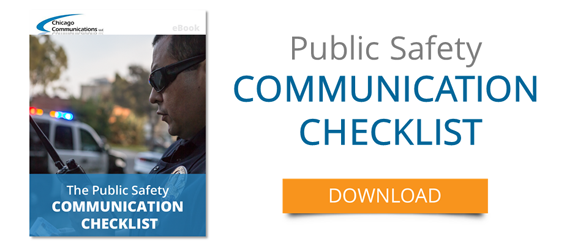In the world of public safety answering points (PSAPs), 911 communications professionals are considered the “first first responders.” They’re the first point of contact for 911 callers, they provide police, fire and other authorities with the information they need to help – and they do so while operating complex 911 telecommunications systems. So the qualifications for working in 911 communications cross over a number of different skill areas.
do so while operating complex 911 telecommunications systems. So the qualifications for working in 911 communications cross over a number of different skill areas.
Having well-trained 911 staff with the right qualifications can literally mean the difference between life and death, and organizations around the country are working with the federal government to develop national training standards for dispatchers and supervisors.
While the specific requirements currently differ across states, municipalities and job functions, there are some universal job duties for working in 911 communications that all applicants should be able to perform.
Here, we’ll take a look at 3 of the top qualifications for working in 911 communications:
The ability to communicate calmly and efficiently in a crisis
People calling 911 are often experiencing the worst day of their lives – they’re panicked, could be hurt or in immediate danger and may be too distraught to be clear about what they need or even where they are. Dispatchers need to be able to gather information quickly, prioritize calls, relay details accurately to first responders, and reassure callers that help is on the way. They may even be the ones to defuse or de-escalate volatile situations. Consistent communications skills are key to handling the unpredictability of public safety calls.
Knowledge of emergency medical procedures
For emergency medical calls, dispatchers may be called upon to help callers stabilize a victim by walking them through basic interventions such as CPR and first aid until help arrives. They also need to know what questions to ask and what instructions to relay before medical professionals arrive.
Proficiency with 911 console systems and emerging technology
A sophisticated 911 system alone isn’t enough, and it takes properly trained staff to maximize its life-saving potential. Dispatchers work with set-ups that require a range of skills such as answering and transferring calls on multiline consoles, locating callers on digital map displays and dispatching field resources based on their proximity. Again, all while keeping callers safe and calm. As emergency response equipment evolves with technology including text and video messaging, communications professionals will be expected to keep pace by continuing their education and training.
If you're considering a career change into or within public safety, you might want to network with others in this field during National Telecommunicators week, held in mid-April.



